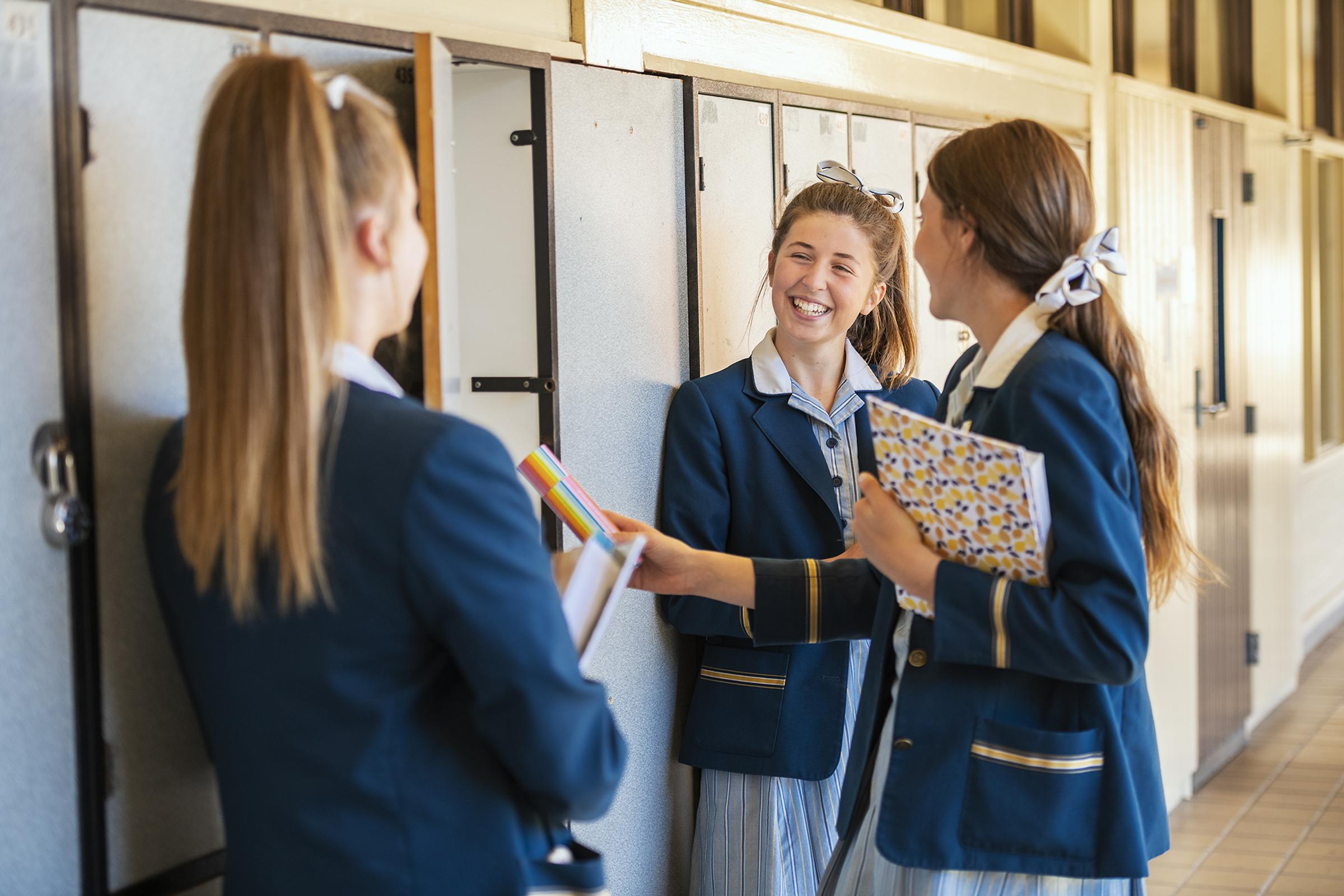Social, Emotional & Academic Development (SEAD)

SEAD Across the College
Vaping is becoming a trendy pastime that is growing in popularity across Australia, especially amongst teenagers. It is the act of inhaling a vapour created by an electronic cigarette, or e-cigarette. Many teenagers are succumbing to peer pressure around this risk-taking activity due to the ease of accessing and hiding vapes. They are often cheaper than conventional cigarettes, making it more cost-effective and attractive to young people.
Although under 18s are not legally allowed to purchase any type of e-cigarette or vaping product in Australia, teenagers are finding ways to access them online. Australia has strict regulations in place for nicotine-containing products, and attempts are being made to regulate vaping and ban the importation of them. Many of the flavoured liquids associated with vaping, contain not only high levels of nicotine, but other potentially harmful additives. Many of these “e-liquids” contain chemicals that are likely to be toxic, that when inhaled or vaped repeatedly, can cause severe damage to the lungs.
Vaping is often marketed as being the “healthy” alternative to smoking. However, doctors strongly advise that if you do not smoke, then you should not start vaping. Most teenagers are unaware of the associated risks and potential impact vaping can have on their development and overall health. Parents are encouraged to discuss the dangers of nicotine addiction and include e-cigarettes in the discussion alongside alcohol and drugs.
To gain further information please access SchoolTV’s Special Report here highlighting the facts around vaping and e-cigarettes and what are the potential risks. Also, there are additional resources under ‘Learn about Vaping’ on the Loreto Connect SEAD page for parents.
As always, if you have any specific concerns about your child or young person, please contact your daughter’s Classroom Teacher, or Head of Junior School and Early Learning Centre, or the relevant Leader of Student Wellbeing and Academic Care, or Mentor/Subject Teacher in the Senior School. You can also seek appropriate medical or professional help, as necessary.
Monica Bignold
College Psychologist
